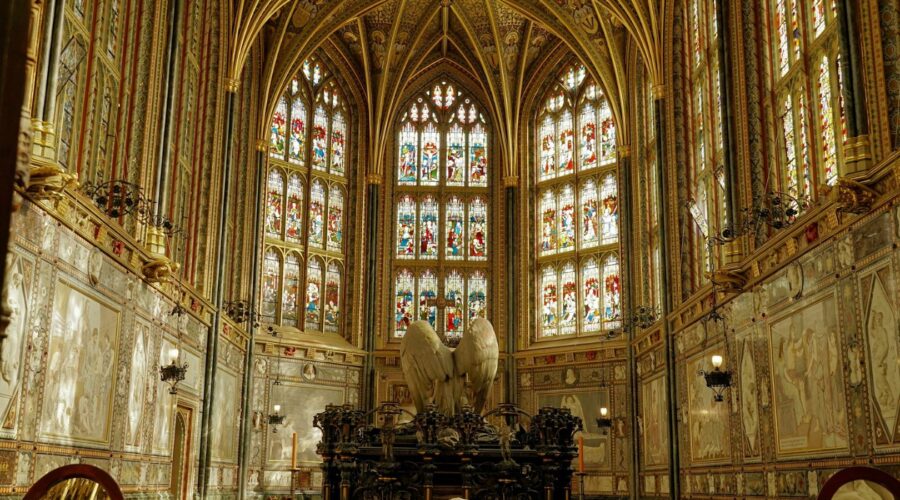Your cart is currently empty!
The Immaculate Conception: A Comprehensive Guide for Catholics and Non-Catholics Alike

Introduction
The Immaculate Conception is a central doctrine in the Catholic Church that holds that the Virgin Mary was conceived without original sin. This belief sets Mary apart from all other humans, who are born with the stain of original sin inherited from Adam and Eve.
Historical Background
- The idea of the Immaculate Conception originated in the early Church.
- In the 4th century, Saint Ambrose taught that Mary was “full of grace” from the moment of her conception.
- Over the centuries, theologians debated the doctrine, with some arguing that Mary was born with original sin but was later cleansed by grace.
Dogmatic Definition
In 1854, Pope Pius IX solemnly defined the Immaculate Conception as a dogma of faith, stating that: “The most Blessed Virgin Mary, in the first instance of her conception, by a singular privilege and grace granted by Almighty God, in view of the merits of Jesus Christ, the Savior of mankind, was preserved immune from all stain of original sin.”
Implications
- The Immaculate Conception means that Mary was sinless throughout her life.
- It highlights her unique role as the Mother of God.
- It underscores the importance of grace in human salvation.
Biblical Foundation
Although the Bible does not explicitly state that Mary was conceived without sin, Catholics believe that this doctrine is consistent with Scripture:
- Mary is called “full of grace” by the angel Gabriel (Luke 1:28).
- She is described as “blessed among women” (Luke 1:42).
- The angel Gabriel declares that “the Holy Spirit will come upon you” (Luke 1:35).
Theological Significance
The Immaculate Conception has several theological implications:
- It reinforces the doctrine of original sin.
- It shows that God can overcome the effects of sin through grace.
- It provides a model for Christian living, demonstrating the possibility of living a sin-free life with God’s help.
Devotional Practices
The Immaculate Conception is widely celebrated in the Catholic Church:
- The Feast of the Immaculate Conception is celebrated on December 8th.
- The rosary includes a decade dedicated to the Immaculate Conception.
- The Miraculous Medal is a popular devotion that honors the Immaculate Conception.
Ecumenical Significance
While the Immaculate Conception is a doctrine specific to the Catholic Church, it has ecumenical significance:
- Many Eastern Orthodox churches also believe in the Immaculate Conception, although they do not use the same term.
- Some Anglican and Lutheran theologians have expressed support for the doctrine.
Conclusion
The Immaculate Conception is a profound doctrine that celebrates the unique role of the Virgin Mary in salvation history. It reminds us of the power of grace and the possibility of living a sin-free life with God’s help.